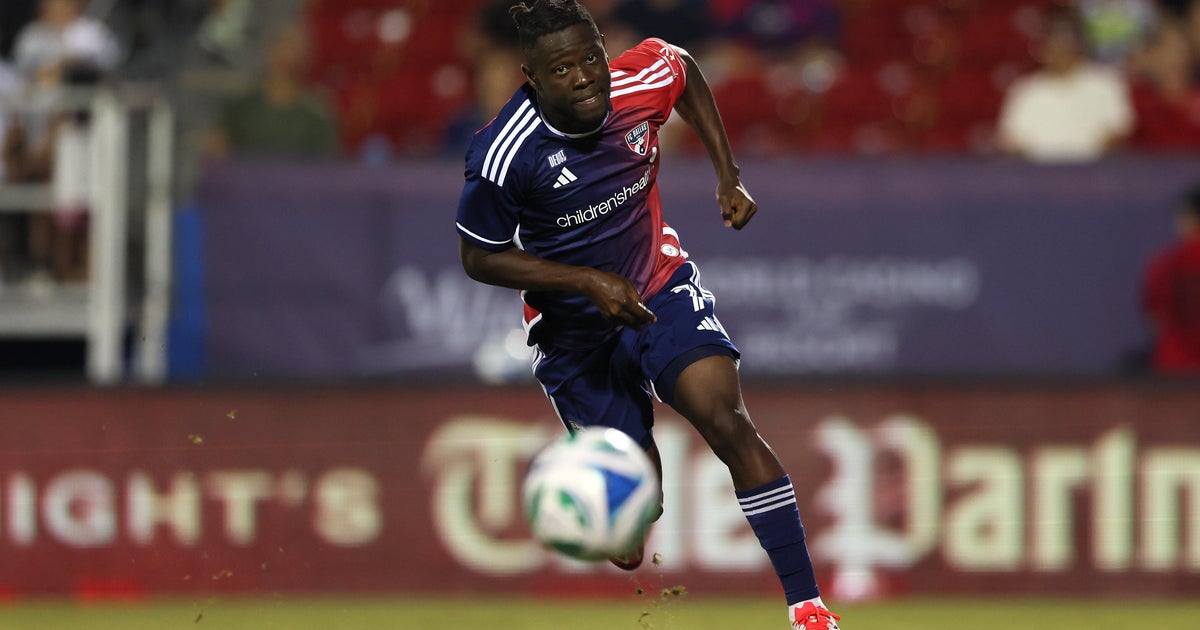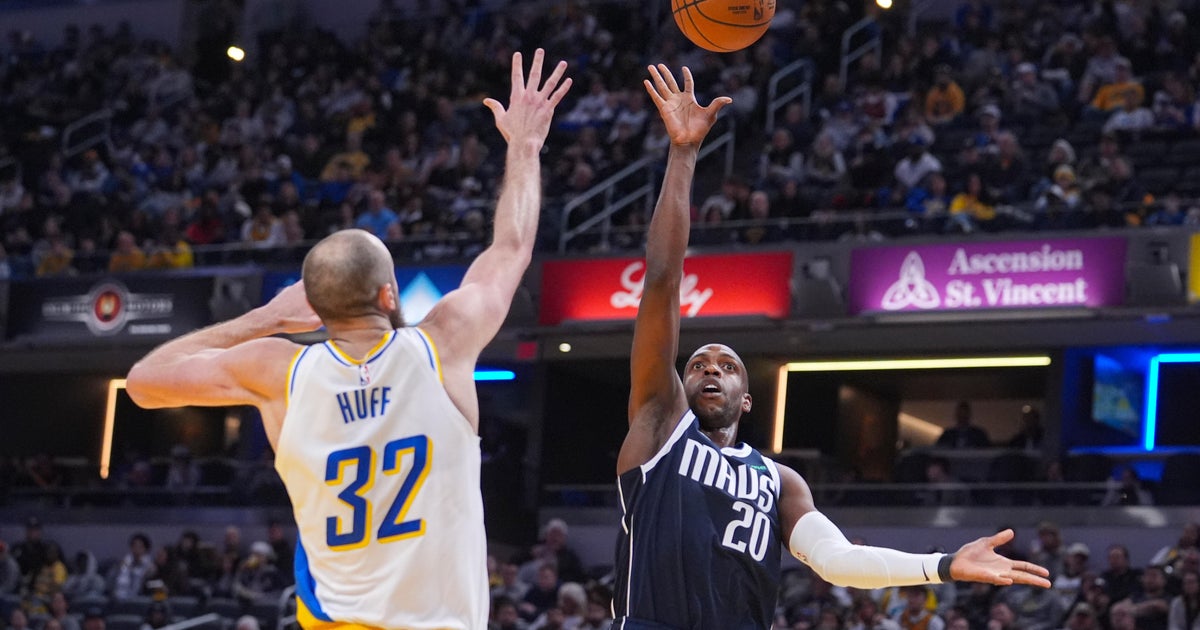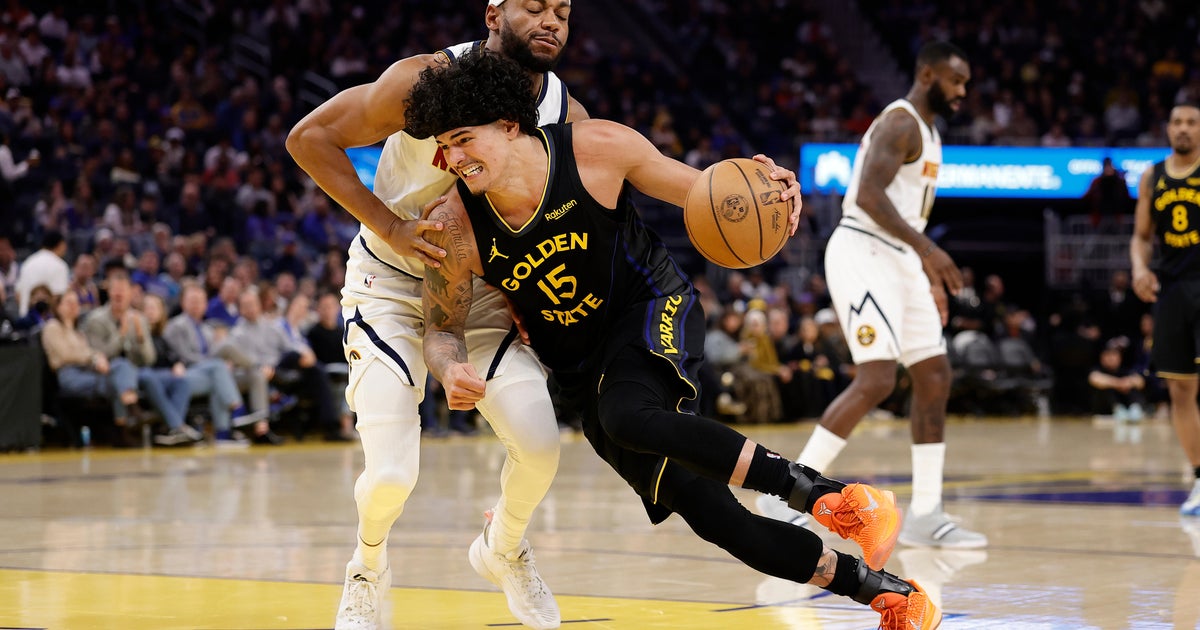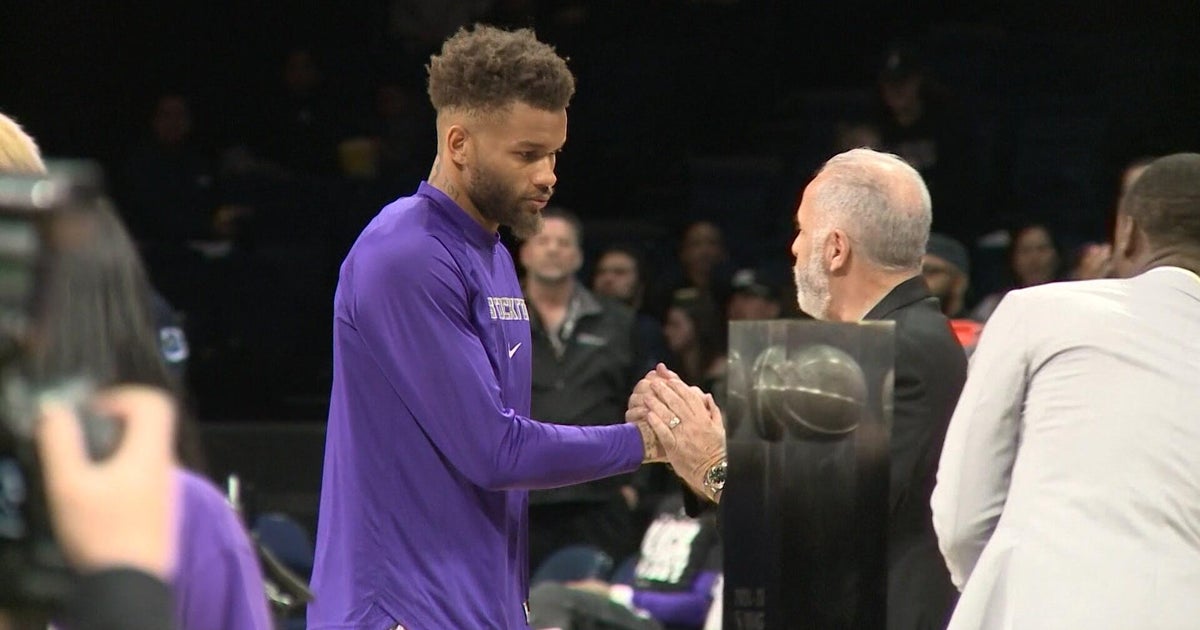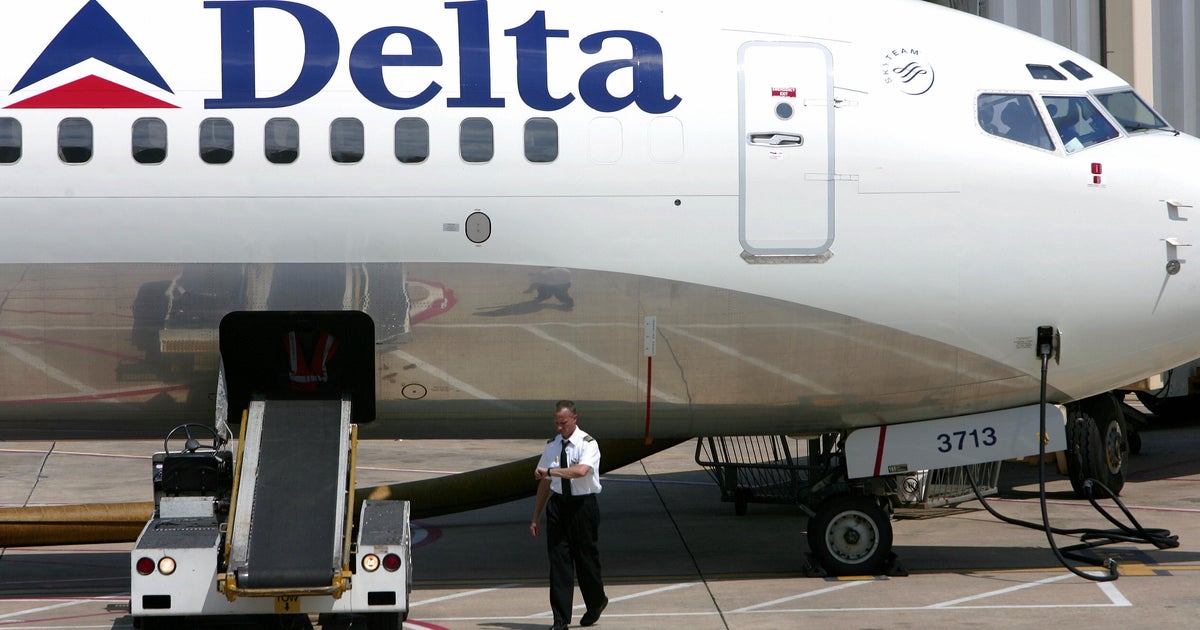A Look At The Best, Worst Broncos Games From Each Unit
It’s hard to believe that as recently as five weeks ago, it wasn’t a sure thing the Broncos would make the playoffs, much less Super Bowl 50. Yet four games later, players are packing their bags for Santa Clara as the team’s trademark grit and resolve lifted them over a murderer’s row of the AFC’s elite. None of those wins over the Bengals, Chargers, Steelers and Patriots came easy; they were won through a combination of offensive patience, defensive determination and, above all else, poise.
It’s a recurring motif as we look back on Denver’s team grades for the season. Using a numeric formula for letter grades, we averaged each unit’s performance across all 18 games. As you’ll see, Denver had its ups-and-downs across all three phases this season, but—like the backup players that made crucial contributions in a year riddled with injuries—they came through in the end.
Offense
Season Average: B
Best Game: Nov. 1 vs. Packers
Worst Game: Nov. 15 vs. Chiefs
A "B" grade might appear generous for an offense that often looked middling to awful, but it stems from the team’s consistent ability to score points in the game’s most important situations. Granted, the only time their offense looked great for a full game was when Denver put up 500 yards on what proved to be a soft Green Bay defense; turnovers came way too often, as Peyton Manning only had one game without a pick or a fumble; the running game was abysmal for games at a time and the unsettled offensive line was consistently leaky. But the most telling stat is this: Seven of Denver's 14 wins featured a fourth-quarter comeback or game-winning drive. The Broncos played best when it mattered, and that fact alone goes a long way toward masking the offense’s often unpleasant cosmetics.
Defense
Season Average: B+
Best Game: Jan. 24 vs. Patriots
Worst Game: Nov. 8 vs. Colts
A "B+" definitely looks low for a unit that finished first in the NFL, but their score was dragged down by several games in which they made serious and uncharacteristic mistakes. The Steelers' second-half comeback was probably the worst 30-minutes the team played all season, and Kansas City had success moving the ball in both games. But the Colts game was the low point, a game in which the defense surrendered 27-points with a series of errors and stupid penalties, something that plagued the defense all season.
For most of the year, the defense played like the unit we saw last week against the Patriots. Relentless pressure to the quarterback from both inside and out had Denver leading the league in sacks. As half of arguably the NFL's best cornerback tandem, second-team All-Pro Chris Harris smothered the slant-routes that have become instrumental in pass-oriented offenses. And the team’s most unheralded unit, the linebackers, completely bottled up the run, rendering opponents one-dimensional. Denver’s defense is by far the biggest reason they’re playing in the Super Bowl. If
they can shut down the league’s best player in Cam Newton, they have the chance to go down as a defense for the ages.
Special Teams
Season Average: B-
Best Game: Nov. 8 vs. Colts
Worst Game: Dec. 13 vs. Raiders
Denver’s special teams, like its offense, suffered due to a lack of consistency. Omar Bolden was frequently spectacular in the return game—his touchdown at the end of the first half against the Colts got Denver back into the game after a dreadful start—but he was injured for much of the season and went on IR after the Steelers playoff game. Britton Colquitt was great against the Patriots, but his season was up-and-down as well and he could be replaced next year. McManus, however, appears to be the kicker of the future. Although he went through something of a late-season funk and missed what should have been a game-tying field goal against the Raiders, he performed very well in the early part of the season and has been solid in the playoffs. His big leg is perfect for Denver’s thin air, and the 24-year-old could end up having a long and illustrious career in the Mile High City.
Coaching
Season Average: B
Best Game: Jan. 3 vs. Chargers
Worst Game: Nov. 15 vs. Chiefs
It’s hugely impressive that Gary Kubiak was able to take his team to the Super Bowl in his first season back with the Broncos. His low-key method of coaching is a lot like his preferred style of offense: Not at all flashy, but fundamentally sound and ultimately effective. After being out of football a year ago, Wade Phillips has done a brilliant job as Denver’s defensive coordinator, getting the best play out of each player by fitting their talents to the scheme, something that wasn’t always the case under Jack Del Rio. And perhaps the key moment of Denver’s season hinged on a coaching decision, as Kubiak put Manning in against the Chargers and saw him lead the team to victory. Quarterback controversies are a unique type of powder keg and Kubiak handled it deftly. Ron Rivera of the Panthers will deservedly win the Coach of the Year award, but Kubiak wasn’t far behind.
We’ll see if Kubes can win his third ring with the organization on Feb. 7 when the Broncos take on the Panthers in Super Bowl 50.
Mark Schiff is a freelance writer and music journalist for AXS.com. In 2013, his coverage of the Seattle Seahawks ended in heartbreak when they defeated the Denver Broncos in the Super Bowl. Now covering his beloved hometown team, his knowledge and passion for pro football has resulted in multiple fantasy football championships. Find him on Twitter at @mihilites.

